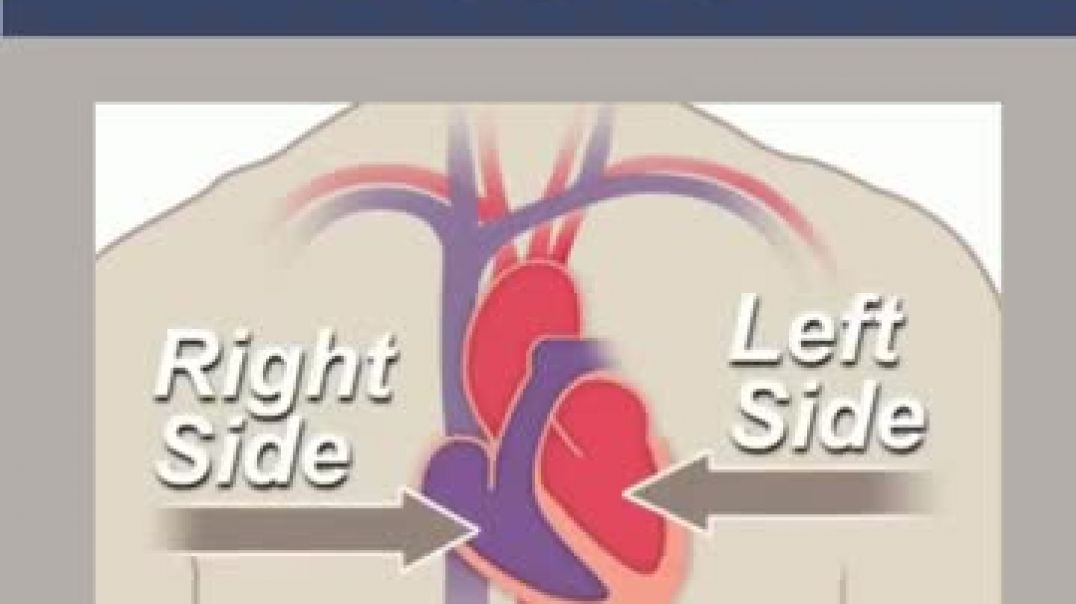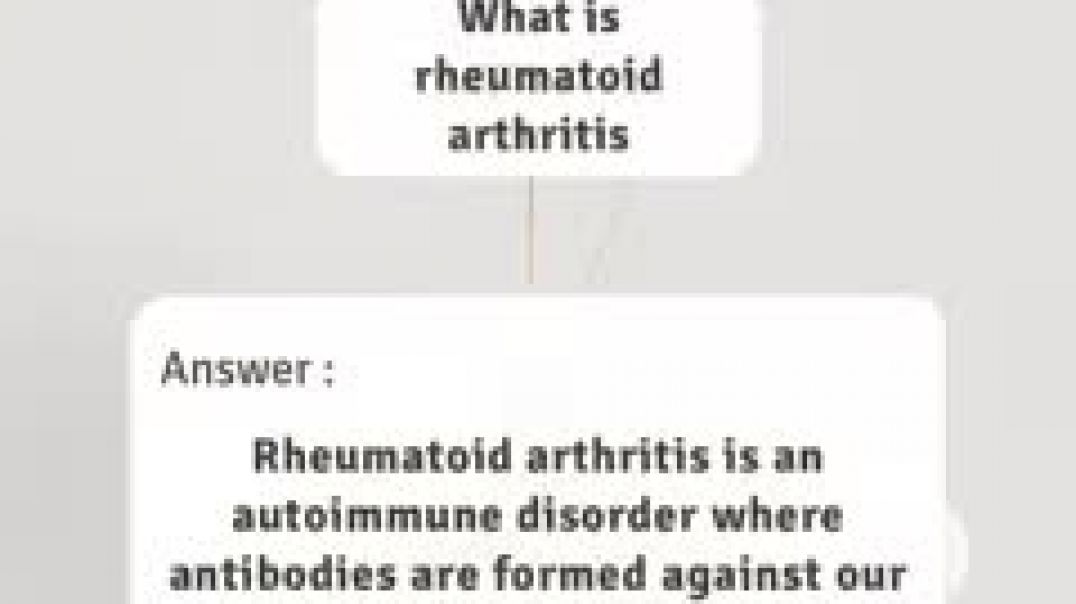Lung Cancer || Causes, Sign and Symptoms of Lung Cancer || Treatment of Lung Cancer
Lung Cancer || Causes, Sign and Symptoms of Lung Cancer || Treatment of Lung Cancer
#lung #lungcancer #lungdisease
___________________________________
00:18 - lung Cancer
01:45 - Causes of lung cancer
02:55 - sign and symptoms
03:32 - Diagnosis of lung cancer
04:16 - Treatment of Lung Cancer
A cancer that begins in the lungs and most often occurs in people who smoke.
Two major types of lung cancer are non-small cell lung cancer and small cell lung cancer. Causes of lung cancer include smoking, second-hand smoke, exposure to certain toxins and family history.
Not smoking, avoiding radon gas, asbestos, second-hand smoke, or other forms of air pollution exposure. Lung cancer, also known as bronchial carcinoma, since about 98–99% of all lung cancers are carcinomas, is a malignant lung tumor characterized by uncontrolled cell growth in tissues of the lung.
Types of lung cancer -
Doctors divide lung cancer into two major types based on the appearance of lung cancer cells under the microscope. Your doctor makes treatment decisions based on which major type of lung cancer you have.
The two general types of lung cancer include:
Small cell lung cancer. Small cell lung cancer occurs almost exclusively in heavy smokers and is less common than non-small cell lung cancer.
Non-small cell lung cancer. Non-small cell lung cancer is an umbrella term for several types of lung cancers. Non-small cell lung cancers include squamous cell carcinoma, adenocarcinoma and large cell carcinoma
Risk factors for lung cancer include:
Smoking. Your risk of lung cancer increases with the number of cigarettes you smoke each day and the number of years you have smoked. Quitting at any age can significantly lower your risk of developing lung cancer.
Exposure to secondhand smoke. Even if you don't smoke, your risk of lung cancer increases if you're exposed to secondhand smoke.
Previous radiation therapy. If you've undergone radiation therapy to the chest for another type of cancer, you may have an increased risk of developing lung cancer.
Exposure to radon gas. Radon is produced by the natural breakdown of uranium in soil, rock and water that eventually becomes part of the air you breathe. Unsafe levels of radon can accumulate in any building, including homes.
Exposure to asbestos and other carcinogens. Workplace exposure to asbestos and other substances known to cause cancer — such as arsenic, chromium and nickel — can increase your risk of developing lung cancer, especially if you're a smoker.
Family history of lung cancer. People with a parent, sibling or child with lung cancer have an increased risk of the disease.
Complications
Lung cancer can cause complications, such as:
Shortness of breath. People with lung cancer can experience shortness of breath if cancer grows to block the major airways. Lung cancer can also cause fluid to accumulate around the lungs, making it harder for the affected lung to expand fully when you inhale.
Coughing up blood. Lung cancer can cause bleeding in the airway, which can cause you to cough up blood (hemoptysis). Sometimes bleeding can become severe. Treatments are available to control bleeding.
Pain. Advanced lung cancer that spreads to the lining of a lung or to another area of the body, such as a bone, can cause pain. Tell your doctor if you experience pain, as many treatments are available to control pain.
Fluid in the chest (pleural effusion). Lung cancer can cause fluid to accumulate in the space that surrounds the affected lung in the chest cavity (pleural space).
Fluid accumulating in the chest can cause shortness of breath. Treatments are available to drain the fluid from your chest and reduce the risk that pleural effusion will occur again.
Cancer that spreads to other parts of the body (metastasis). Lung cancer often spreads (metastasizes) to other parts of the body, such as the brain and the bones.
Cancer that spreads can cause pain, nausea, headaches, or other signs and symptoms depending on what organ is affected. Once lung cancer has spread beyond the lungs, it's generally not curable. Treatments are available to decrease signs and symptoms and to help you live longer.
Please video like comment and share
🙏 Please subscribe my YouTube channel
Social media Link
Instagram =ghanshyam926 https://www.instagram.com/invites/contact/?i=12126n5blhqri&utm_content=3op359c
Fecbook
https://www.facebook.com/pg/gh....anshyammedicaleducat
Email
ghanshyammedicalinfo@gmail.com
-
Category






















No comments found